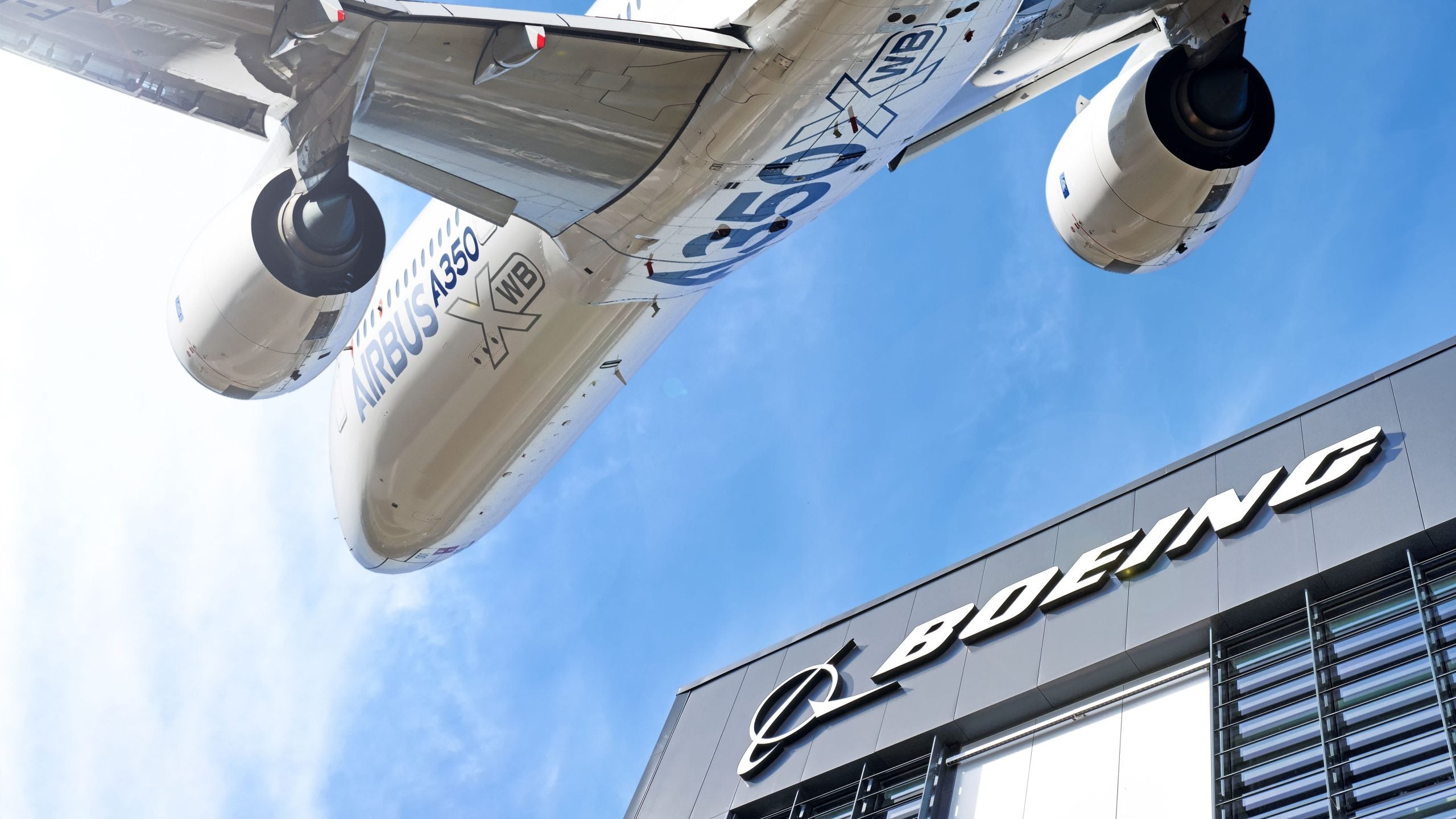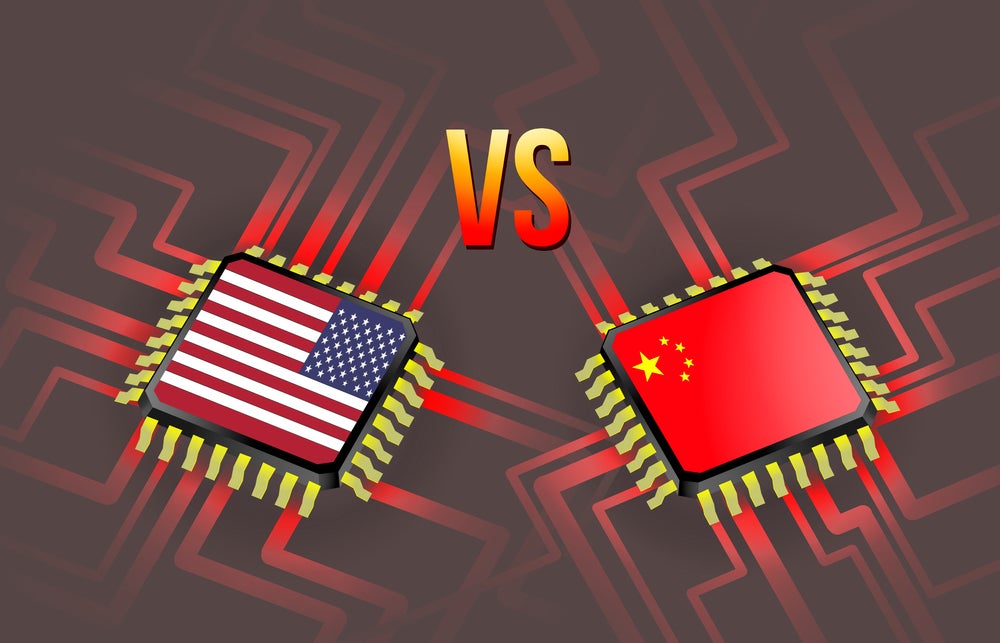
Aerospace manufacturer Boeing is probing claims from the hacker group Lockbit that it had gained internal access to a large amount of sensitive data from Boeing. The hacker group has threatened to publish Boeing’s data if a ransom is not paid by 2 November.
Lockbit has posted a countdown on its website with a message stating, “Sensitive data was exfiltrated and ready to be published if Boeing do not contact within the deadline!” Reuters reported.
The hacking group is known for using double extortion. This is a method whereby the group threatens to expose sensitive data but also encrypts it. The group has gained notoriety for its Stealbit malware which automates data extraction.
In 2022, LockBit was the most deployed ransomware globally and continues to be prolific in 2023, the US Cybersecurity and Infrastructure Security Agency found.
The FBI estimates that there has been about 1,700 Lockbit attacks in the US since 2020, garnering approximately $91m in ransoms.
US Deputy National Security Advisor, Anne Neuberger, said earlier this month that the US is pressing a group of foreign governments to agree to hard policy against businesses paying into hacker ransomware.
US software company Netskope’s 2023 Cloud and Threat Report, published 17 Oct, found that around $457m of ransom was paid by businesses in 2022 alone.
The latter half of 2023 has seen a spate of high-profile ransomware cases. In September, hackers managed to infiltrate the systems of MGM Resorts International and Caesars Entertainment.
Caesars disclosed it paid $15m to hackers who had breached its customer loyalty database, negotiated down from the initial $30m demand. MGM went the opposite route, refusing to pay hackers who took over its Okta authentication servers.
Earlier this month, millions of data profiles from Silicon Valley-based genetic testing service 23andMe appeared on an online selling forum for leaked data.
While the data is thought to include names, locations and ethnicities of 23andMe users, it does not include genomic details.







